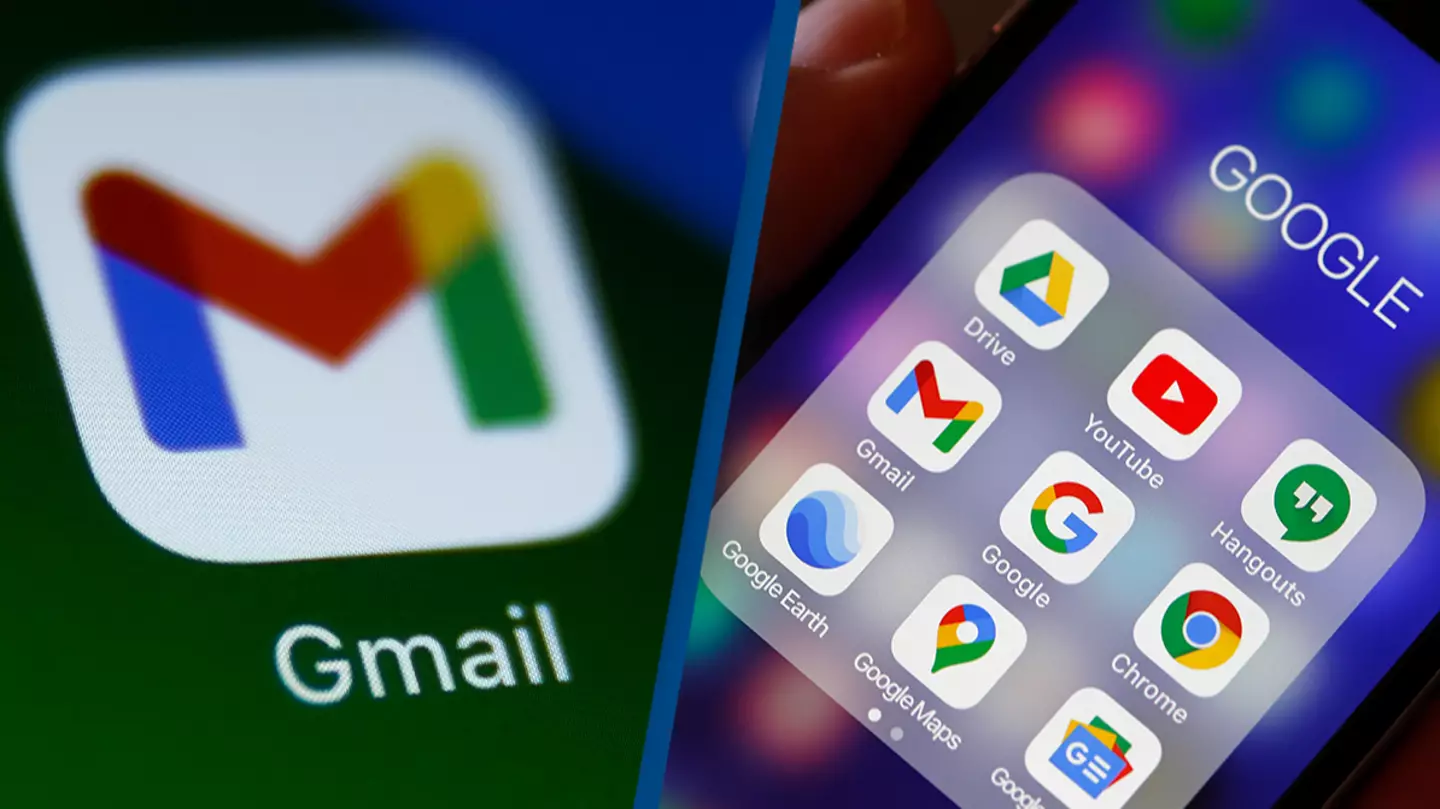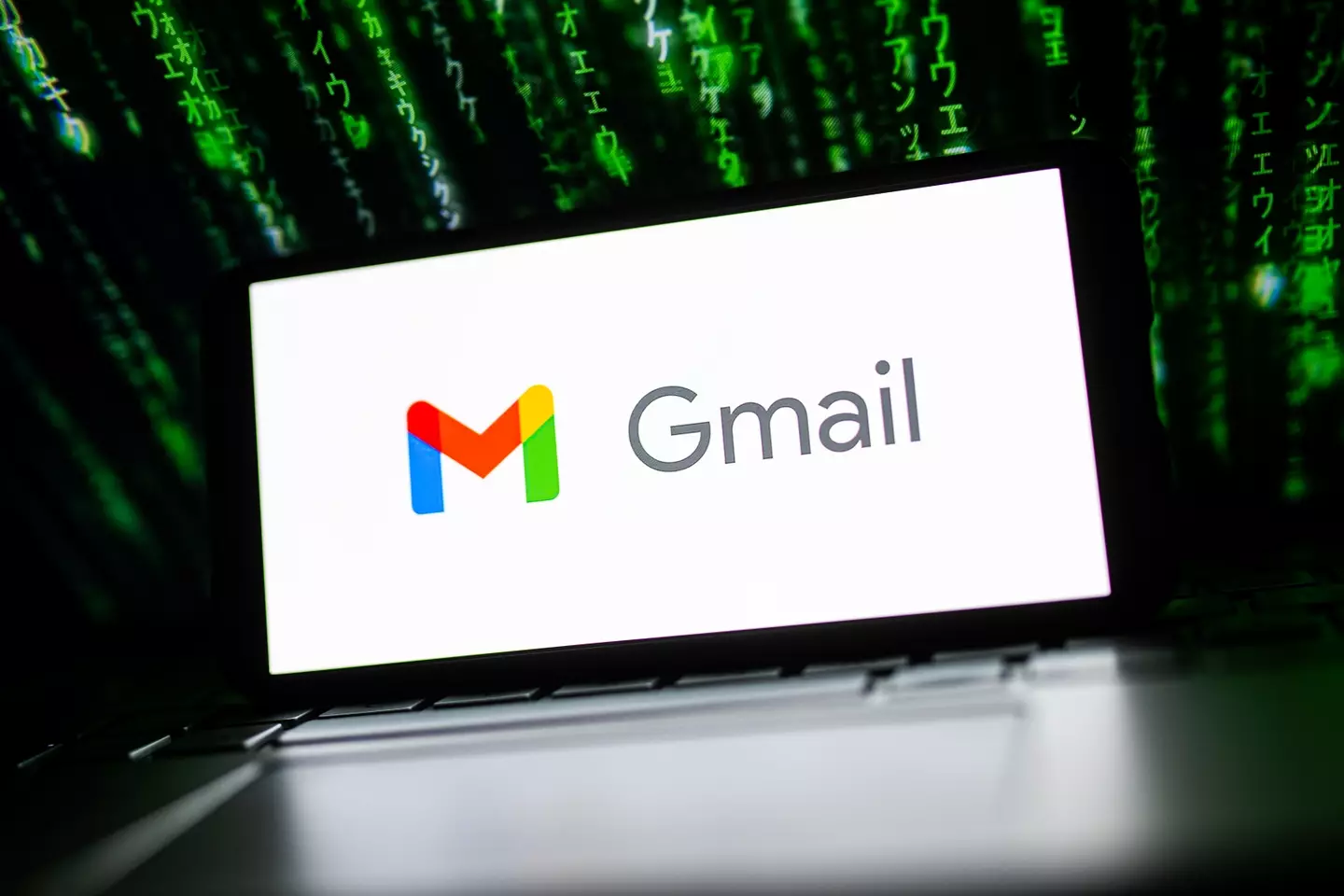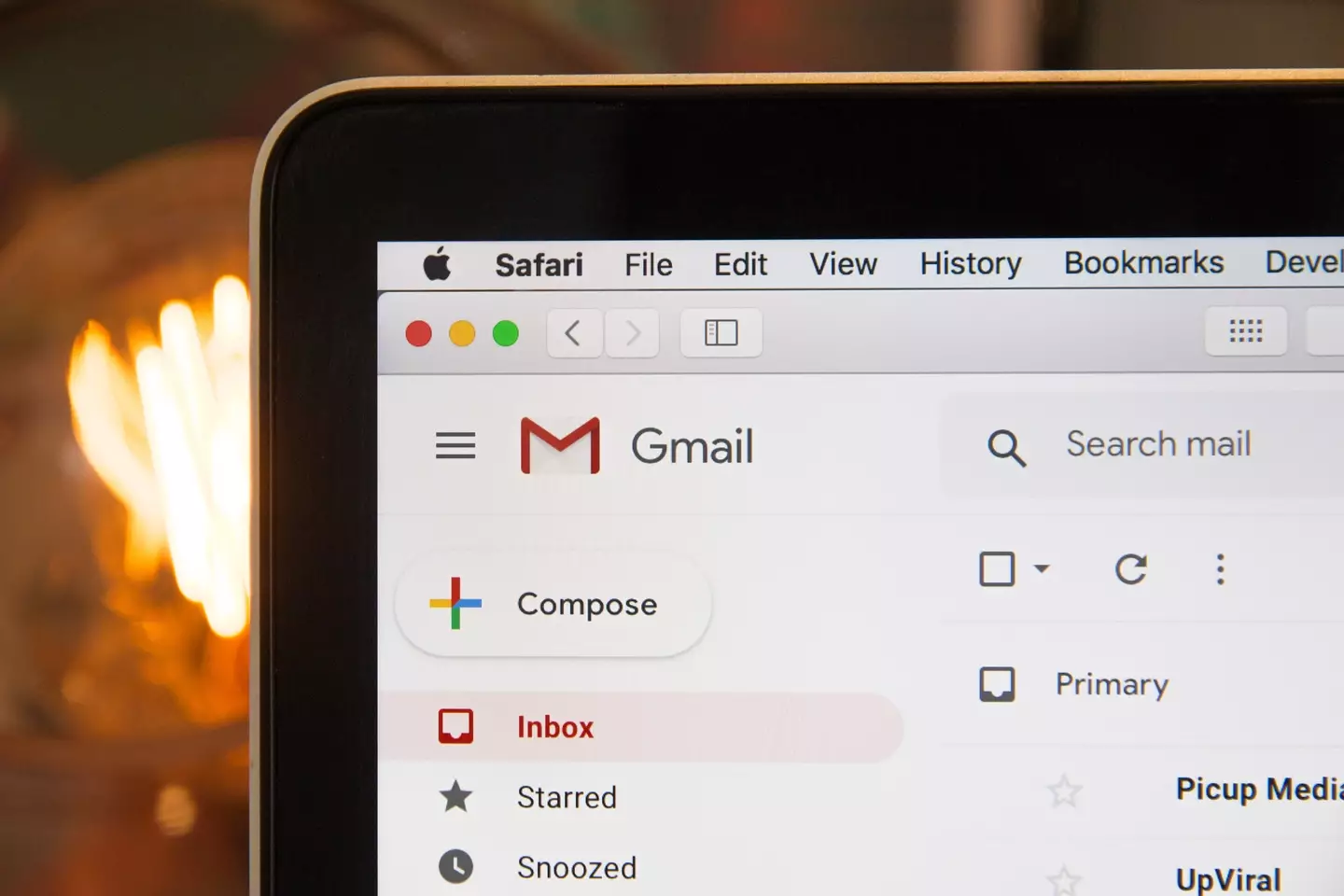
Today might be April Fool's Day, but it also marks 20 years since Google announced it would be launching its very own email service, Gmail.
Yep, we feel old too.
Despite skepticism from the tech community at the time, Gmail is still thriving two decades on and its mind blowing to see how technology has advanced since then.
Advert
But while tech has certainly come a long way, with Google at the forefront of a lot of it, it turns out some people are still living in the dark ages when it comes to their personal cybersecurity.
With more people online than ever before, the opportunity for fraudsters and hackers has never been so wide, which means we all need to take responsibility for our own online safety.

Now, Gmail users are among the most recent group of people to be warned to keep their accounts safe or risk potentially very costly consequences.
Advert
"Anyone with a social media or email account can be a target for fraudsters or cyberattacks," warned Pauline Smith, head of Action Fraud.
"Protect your information by ensuring your email and social media passwords are secure and different from all your other passwords."
It comes after a report from Red9 revealed that millions of people are still using basic, weak passwords, like 'password,' 'qwerty' or '123456'.
Not only is this bad in the sense that you don't want people perusing through your emails, but your email is also a gateway to your social media accounts and many other online accounts, as well being a host for lots of personal information hackers could use to their advantage.

Action Fraud states on its security page: "Your email and social media passwords should be strong and different from all your other passwords.
Advert
"Combining three random words that each mean something to you is a great way to create a password that is easy to remember but hard to crack."
In addition to always having a unique password, users are always recommended to use 2-Step Verification (2SV) wherever possible, to add an extra layer of protection to your account.
Action Fraud continues: "You can also set up 2-step verification for a layer of extra security. 2SV works by asking for more information to prove your identity.
"For example, getting a code sent to your phone when you sign in using a new device or change settings such as your password. You won't be asked for this every time you check your email or social media."
Topics: Google, Technology, Social Media, Crime
